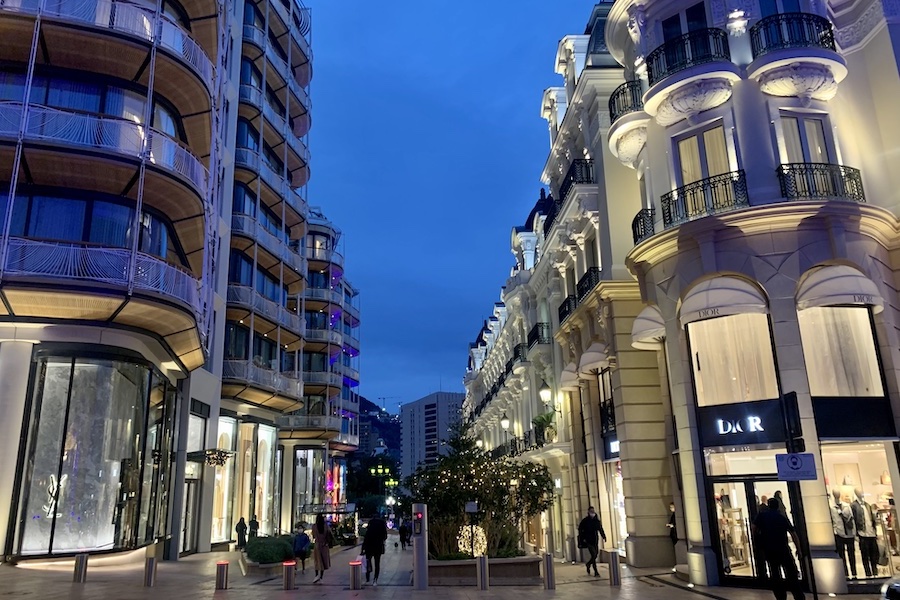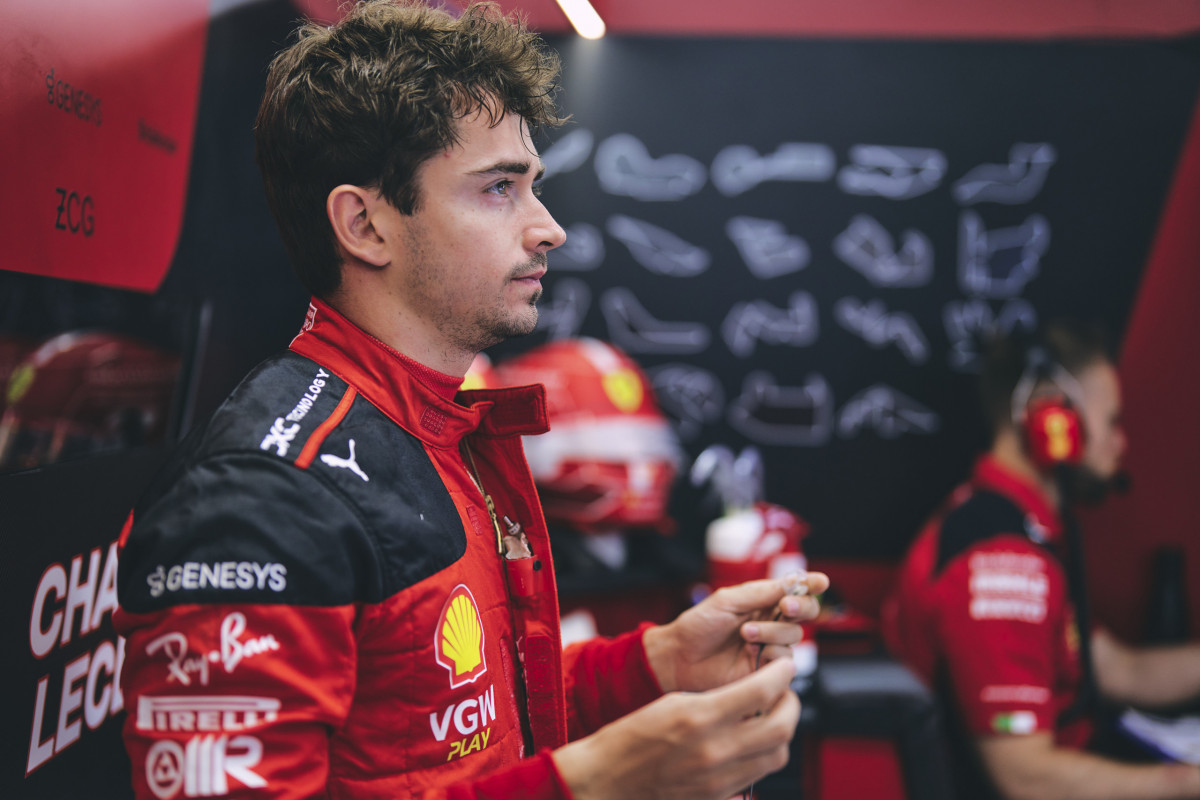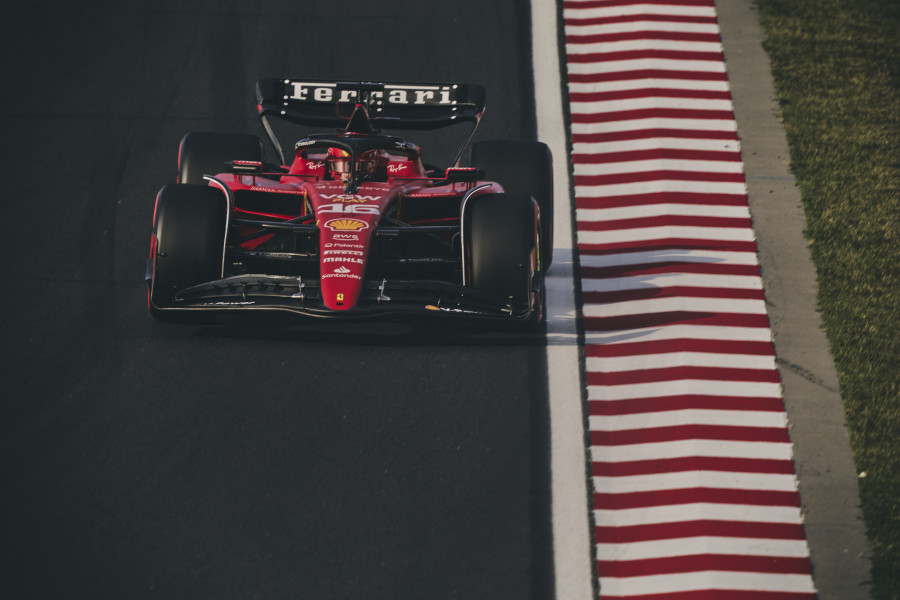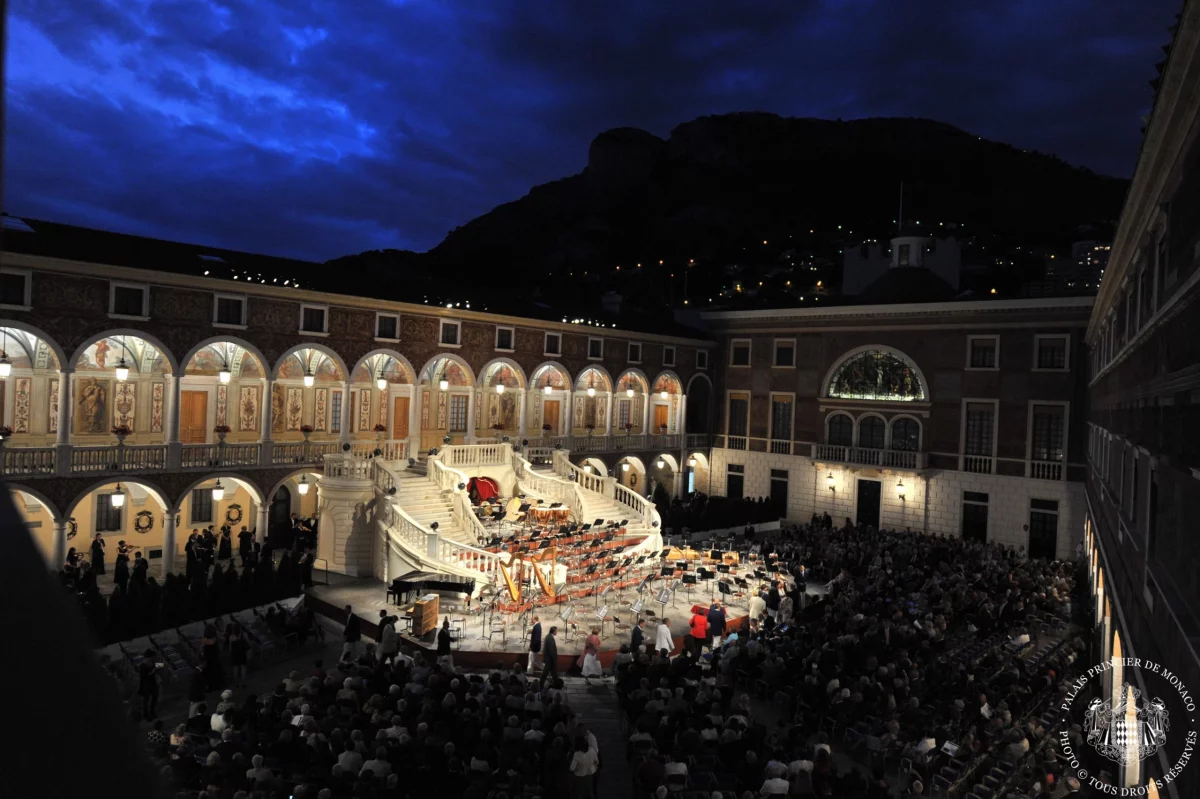Businesses in Monaco must now turn off the lights overnight and set a 25°C limit to air conditioning as the government attempts to reduce the Principality’s energy consumption.
As part of its energy management plan and bolstered by public support for the measures taken last winter, the Prince’s Government announced on the weekend that it adopted two new ministerial decrees on 21st July on public and private lighting and on the use of air conditioning, which will be in force until 30th October 2023.
With regards to llighting, the facades, shop windows, storefronts and illuminated signs of stores and professional spaces must now be switched off from midnight to 5am, unless they are open or active during these hours.
This also concerns the interior lights, including that produced by screens.
Buildings and public spaces must have the lighting turned off between 11pm and 5am.
New law targets air conditioning
Meanwhile, the use of air conditioning in public premises and large establishments is being regulated and set at 25°C, with some exceptions.
Stores and professional spaces that don’t fall into these categories are asked to initiate plans to control energy consumption, utilising the recommendations made under the national pact for energy transition, and also set an air-conditioning temperature of 25°C with an amplitude of 1°C.
“Adapted to summer schedules and needs, these measures pursue the objective of reducing visual pollution and electricity consumption, while respecting the living environment,” said the government in a statement.
Make sure you’re never left out of the conversation. Sign up for the Monaco Life newsletter, and follow us on Facebook, Twitter, Instagram and LinkedIn.
Photo by Monaco Life




